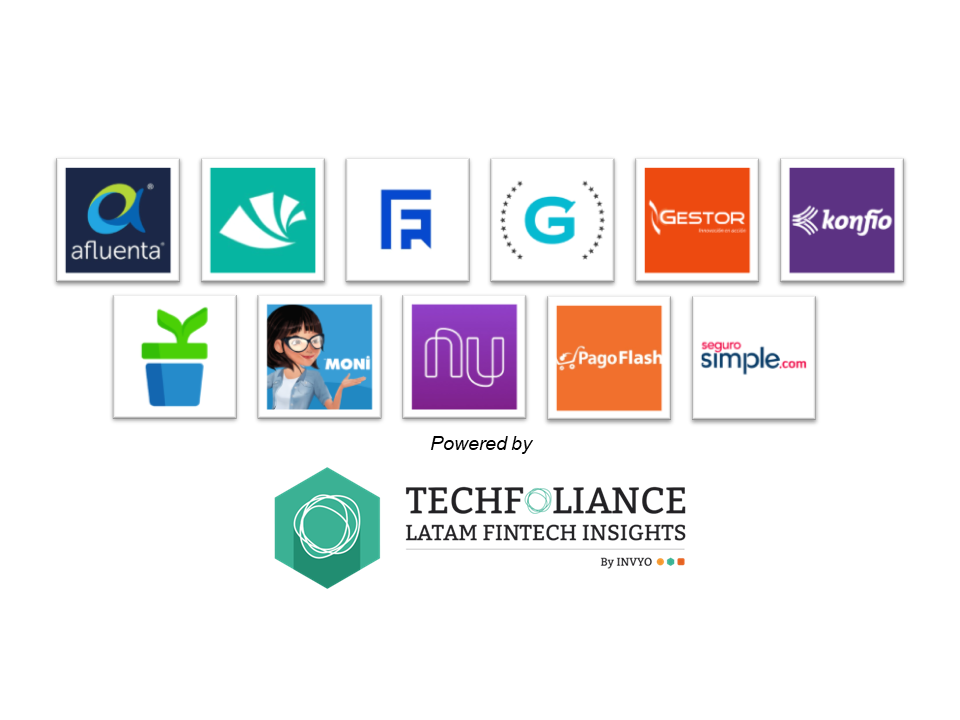
After a 61% growth last year, Colombia currently has the third biggest Fintech Industry in South America. Surprisingly, despite this growth, the country has no clear Fintech regulation.
The Colombian government first tried to regulate crowdfunding platforms last year, but FinTech start-ups did not agree on the terms and conditions that were offered.
Having failed to find an arrangement with the regulators, Colombian FinTech companies decided to autoregulate with their own ethical responsibility code, created by the Colombian Association of Technology and Innovation Companies.
However, the inexistence of a Fintech regulatory environment does not mean there is not applicable law to Fintech companies. The Colombian legal system still applies to any company that must comply with the Financial Protection Regimen, the Financial Habeas Data and Data Protection dispositions, Colombia’s Tax Regulation for digital industries, or Colombia’s Administration System for the Prevention of Money Laundering and Financing of Terrorism (SARLFT).
Finance regulation
Among other legal entities, Colombia’s Organic Statute of the Financial System must be observed by any company that provides financial services. That means Fintech companies must fulfill the obligations stated by the general financial regulation, supervised by Colombia’s Financial Superintendence.
Whether it is online banking, digital stock markets or online collective financing, FinTech need an authorization from the Financial Superintendence in order to capture any inflow of money. The legal representative of the company could face up to 240 months of prison if not compliant.
The Financial Protection Regimen
The dispositions found in Act 1328 issued in 2009, establish that companies which provide special financial services (such as FinTech) must act with due diligence transparency and providing information that is true, sufficient and is presented on time, respect the freedom of choice, handle properly any conflict of interests, and provide appropriate education for the financial consumer.
The same law habilitates the government to intervene in order to make sure the companies are properly complying and respecting the financial consumer’s rights.
Financial Habeas Data and Data Protection
The Superintendence of Industry and Commerce is the competent entity to sanction the breach of Colombia’s Data Protection legislation.
The financial habeas data is breached by: a) Reporting to credit risk entities, information that does not correspond with reality; b) Not updating on time the information related with the fulfilment of obligations of the users; c) Not communicating to the user that he will be reported to a credit risk entity and therefore refusing the possibility of paying before he gets reported.
Fintech companies must also design a data protection protocol that guarantees the users’ rights according to Colombia’s general data protection legislation: not using the information of their users without their authorization, not exposing someone’s data to security breaches, or protecting the platform against loss or robbery of the information stored in their databases.
The tax regulation for FinTech companies
Colombia’s legislation has adopted rules FinTech companies may be legally incorporated in one jurisdiction, but they may still do business in Colombia and obtain income from Colombian source, and pay taxes in Colombia.
The challenge is to keep up with the challenges of the digital economy: determining if there is in effect Colombian sourced income or not, and if the digital platform, even if operating abroad, should be considered a permanent establishment in Colombia.
SARLAFT
Colombia’s Administration System for the Prevention of Money Laundering and Financing of Terrorism has established the need for the creation of a special protocol in each company based on the prevention of risk and eradication of the insertion of shady money to the country’s financial system.
As agents of the financial system, FinTech companies must be able to inform where the money comes from and where it goes.
FinTech companies that are looking to run a business in Colombia won’t find a standard regulation, but at the same time they won’t face any legal difficulties as long as they are able to identify all of the applicable dispositions mentioned before.








